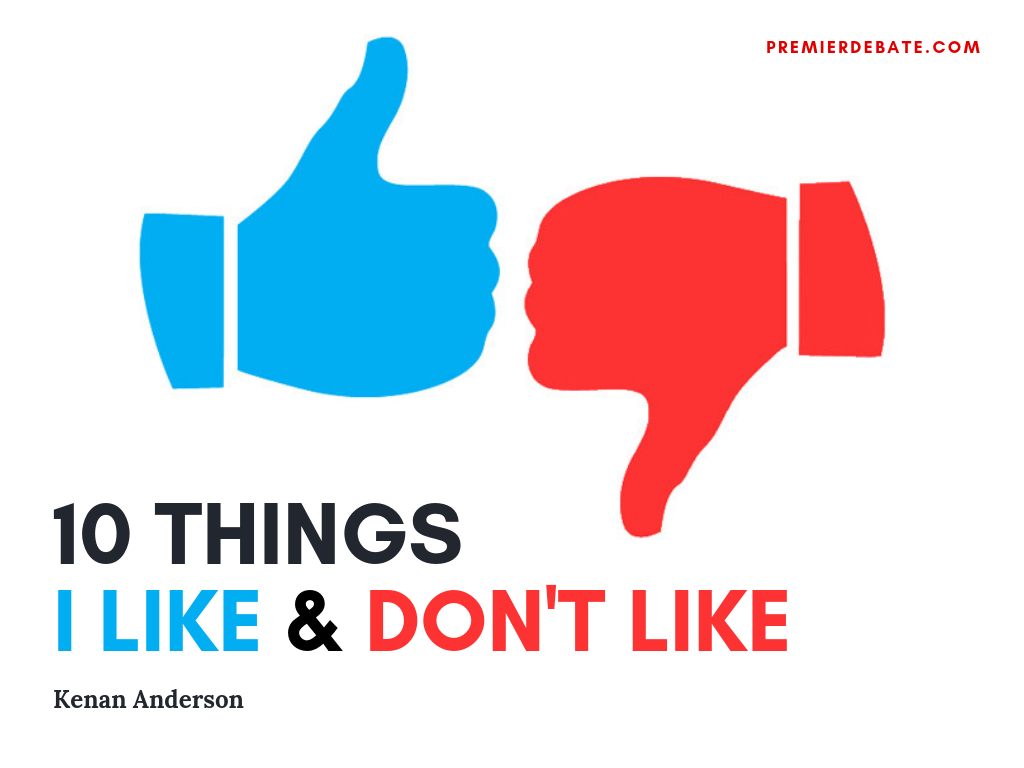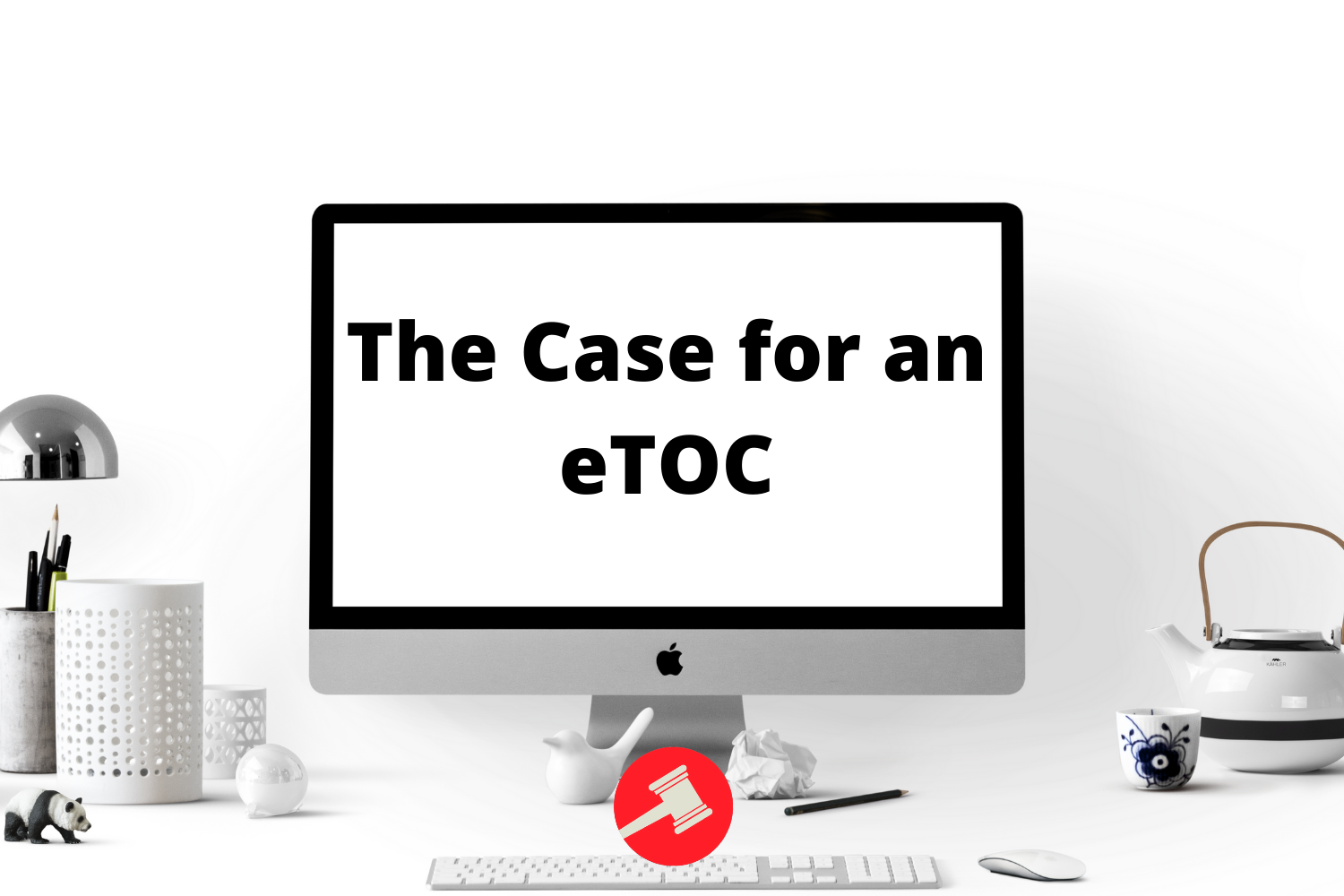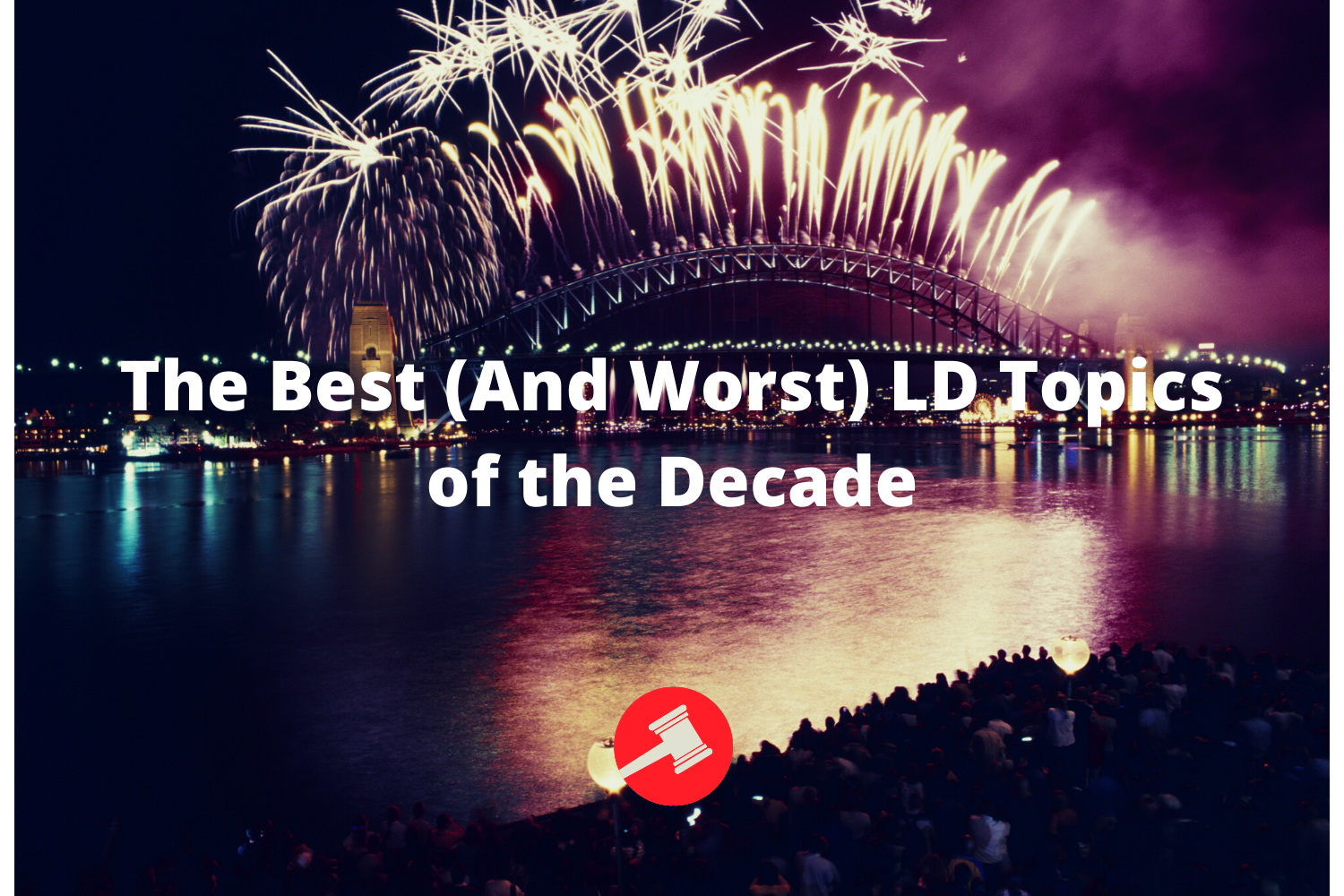10 Things, Featuring Harvard ’19 (Kenan Anderson)

#1 Speaker Points Are Imperfect
As a massive tournament in LD, even with full triples, the 4-2 screw at Harvard was massive. By my count there were 40 (40!!!) students with a 4-2 record who didn’t advance. The average speaker point of the 64th seed was a 29.1. 1 For reference here are a few other octos bids over the past year. 28.85 – Berekeley 2019. 28.8 – Harvard 2018 28.9 Unfortunately, in a pool of 300 kids, using some mechanism to break ties is a necessity, as running a 7th or 8th prelim, or doing partial Quadro-octo-finals might be logistically unfeasible. However, everyone can agree speaker points are an imperfect system and have continually been trending upwards (sometimes dubbed as point inflation). I’ve even heard people mention a judge’s average speaker point given as a factor in judge prefs, something that I think everyone can agree is an unfortunate reality. I haven’t thought deeply on the matter, but I do want to suggest an excellent article written by Chris Theis about an alternative he calls Opponent Adjusted Performance Score. I promise it’s not as complicated as it sounds, and there’s some really sound thinking behind it. Check it out. Another simpler solution to help judges is to publicly post the average speaker points of the 64th seed from the previous year. This helps judges calibrate their own scale. For example, I’ve always operated on the idea that a 28.5 was around the “this debater should have shot at breaking” point. At Harvard that would’ve seriously damaged people’s chances of breaking, and knowing that I could’ve adjusted my scale.
#2 Success’s Continued Success
Last year Bob plugged Success Academy for having an awesome name and being a rising star program. I wanted to continue that shout out. Despite graduating two of the three students Success qualified to the TOC last year, they once again had a strong showing at Harvard this year, with two in quarterfinals! I judged both Success Academy CE and TR, and both were excellent. Always good to see new schools build a program that sticks around!
#3 Making Case Debate Great Again
Round 5 of Harvard I was treated to the best-case interaction and policy-focused debate I’ve seen yet. Ridge KT read a whole-res policy aff with some decent advantages. Then Brophy CT read a Non-Lethal Aid PIC, a Prolif DA, an HR Cred DA, and then spent 2 minutes or more answering the case with analytic line by line responses!!!!! It was one of the most enjoyable and closest rounds I’ve seen and featured excellent evidence comparison, weighing, and analytics from both debaters. As Ks and theory have proliferated (and plans have become largely accepted) I think policy-oriented debaters have fallen into two traps. On the affirmative, they seem to have focused on learning to write obscure affirmatives, and then learning to beat back Ks, theory/T, and other “generics” and on the negative have simply tried to spread as many DAs and turns as they can fit in 7 minutes without any real nuance. This round was refreshing, and I hope it’s a sign that case debate is making a comeback.
#4 Harvard’s New Coaching Rule
Harvard implemented a (to my knowledge) new rule regarding coaching this year. The pairings announcements they sent out indicated that all coaching for flighted elimination rounds was supposed to end 10 minutes before flight 1 began. I was told the purpose for this was to give students in flight 2 an equal playing field, regardless of whether their coach was busy judging flight 1. While I commend efforts to level the playing field, and I think coaching advantages is often an underlooked component, I wonder how enforceable this rule is, especially given the existence of distance coaches who usually communicate over email or some other messaging system. \footnote Bob raised additional concerns about how this could unjustly punish a coach by forcing them to split time before Flight A between two students, even if one student was Flight B
#5 JanFeb as a JV Debate Topic
On Monday I was pushed into the JV pool to cover one of my novice’s obligations and I was pleasantly surprised by the quality of the debates I watched. While all students exhibited some of the most common mistakes featuring young debaters, I saw a lot of core arguments on this topic (fill-in, intervention, terror, soft-power, etc) well-explained and well-executed. I was also pleased that the JV division didn’t turn into “whose varsity team can write the most plans and prep-outs” as every round featured whole-res affirmatives and featured good clash. While I think plans and non-topical arguments have the potential to be very valuable in varsity, using JV(and Novice) divisions as a place to teach debaters the core skills of debate is a good idea. This topic (or maybe one similar to it) should be considered to replace the civil disobedience topic which is currently the NSDA’s official “Novice Topic”. I think the civil disobedience topic has several problems, but that’s a discussion for another time.
#6 Pre-Round Flipping and Disclosure: Solving Indecisiveness
This one comes to you courtesy of Bob Overing, whose thoughts on disclosure are very well documented. At Harvard, he mentioned to me another reason why flipping before a round and disclosing the affirmative (and in particular having tournament rules forcing this at a set time) is good. It helps avoid indecisiveness. Rather than agonizing over which affirmative to read and changing your mind several times, an enforced flipping/disclosure rule forces you to choose. That allows you to use the remainder of the pre-round time to focus on prepping and front lining that affirmative. There are certainly a lot of factors in deciding what aff to read, but those factors can be canvassed and assessed quickly, and the marginal utility of deliberating about aff choice diminishes rapidly.
#7 Courtesy isn’t dead in debate
While I was judging round 2, I sneezed, and Edgemont RG said “bless you” in the middle of spreading the AC! Despite being an impressive display of her technical speed and clarity it was a super thoughtful gesture that made that whole round a little better. Little things like this make me feel much more hopeful about debate as a non-toxic activity and community.
#8 Plants 89 – The End of Neg Fiat
Recently there has been a resurgence in the reading of the Plants 89 card 2 citation: COUNTERPLANS RE-VISITED: THE LAST SACRED COW? J. Daniel Plants, Baylor University 1989 – Punishment Paradigms : Pros and Cons; http://groups.wfu.edu/debate/MiscSites/DRGArticles/Plants1989Punishment.htm which argues against negative fiat. This argument is silly and isn’t well warranted. The core claim of the card is that the negative already has ground (the squo) and an example of how a law banning cars wouldn’t be considered by Congress while it was debating seat-belt laws. But the article, being written thirty years ago and while counterplan theory was still in flux, doesn’t mention the relevance of fiat to negative kritiks, how competition ensures topic relevance and clash, or how advantage counter-plans encourage the affirmative to stick to the core of the topic rather than quasi-Rube Goldberg link chains just to access an impact, like climate change, that could be solved much more directly without the affirmative.
#9 Harvard’s Hospitality: Still Bad
Harvard’s hospitality is no secret, especially on previous 10 things posts. But as someone attending Harvard for the first time this year, I tried to keep an open mind… It didn’t help. The wifi was continually spotty and often unusable, the judge’s lounge was often lacking coffee and food, and we received no food on Monday, which meant walking several blocks in sub-30 temperatures in the middle of elims for some competitors. I also heard many grievances with the qualifications of some of Harvard’s hired judges including one who had “no official debate experience.” This is unacceptable when there were a few eminently qualified judges available but judging in the novice/JV pools throughout the entire tournament. I understand that running a tournament for several hundred students can be difficult, but Harvard can do better.
#10 Questions about Durable Fiat
One topic that came up multiple times in debates was the following: If the affirmative ends aid to a regime, are they allowed to/do they defend returning aid to that same regime in the future? While it seems clear that conditioning aid on human rights is likely neg ground, it also seems like if the affirmative has to defend a 100% prohibition on aid for eternity, the negative can get away with some cheaty arguments like Sunset CPs or old-school “tool in the toolbox” type arguments. I saw both affirmatives and negatives do a good job exploiting this issue to their advantage, and I’m interested to see how it plays out at the last major tournaments on this topic like NDCA and TOC.


